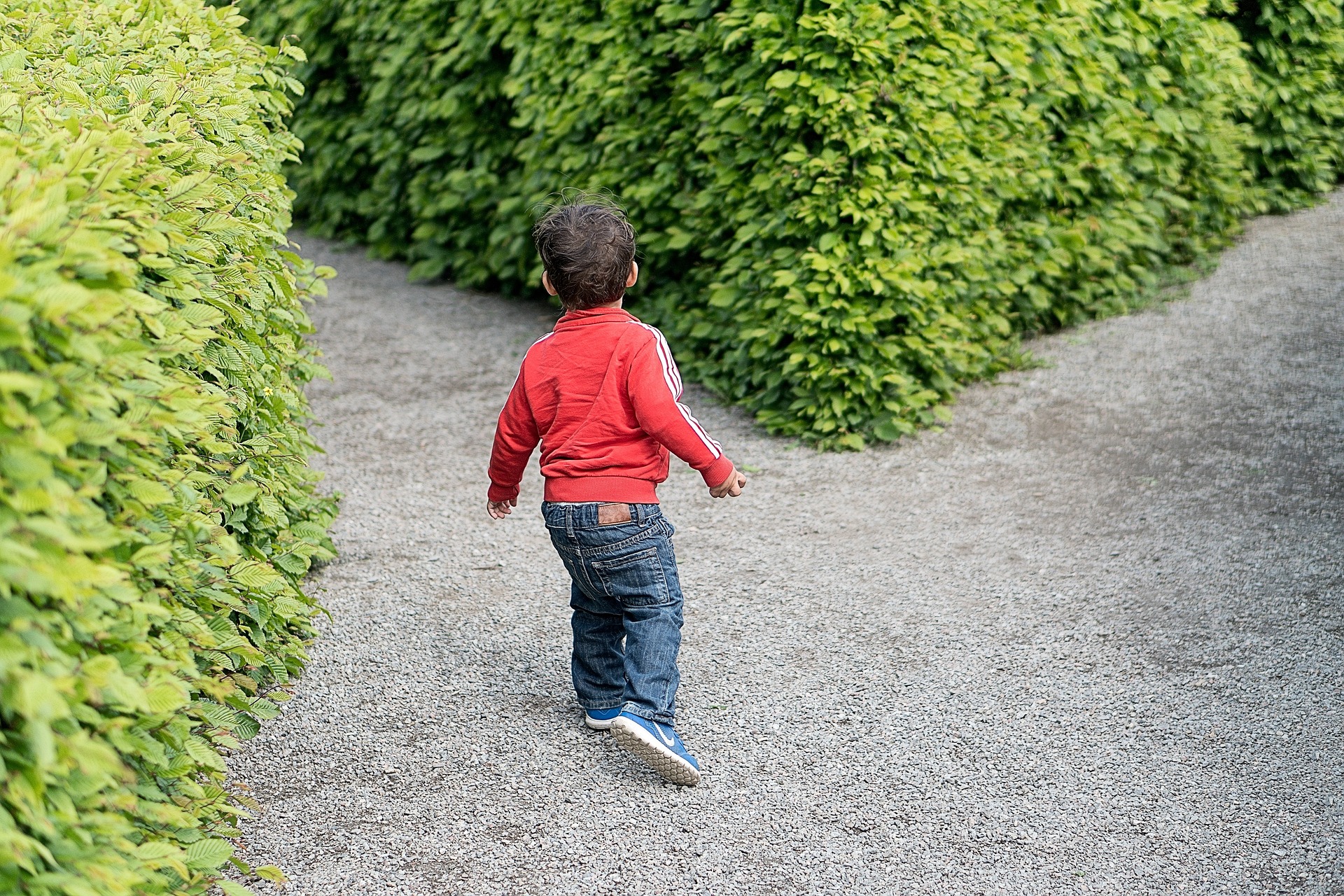Assessment Guidance
Completion requirements
Continuous assessment
Decide
Once you think you have made discoveries about a child’s learning and development, you need to reflect on these and make some decisions.

|
These are important questions to consider:
|
You may also need to decide:
- Have I seen enough evidence to make a decision, or do I need to continue discovering?
- How should I involve and communicate with the child’s parents or carers?
- Should I involve other people (e.g. health care)?

You should also reflect on what your discoveries tell you about your own practice. You might find it helpful to consider questions such as:
- Are the children in my class on track to achieve the learning statements by the end of the year?
- Are my expectations in line with the learning statements?
- Am I providing suitable activities and opportunities for children to demonstrate their current learning and development?
- Am I providing enough challenge for all children to achieve the learning statements?
- Am I providing enough appropriate and targeted support?
- How can I engage my children better?
- What are my next steps?
You can read more about involving and communicating with the child’s parents or carers, and about involving other professionals, in Inclusive Learning .